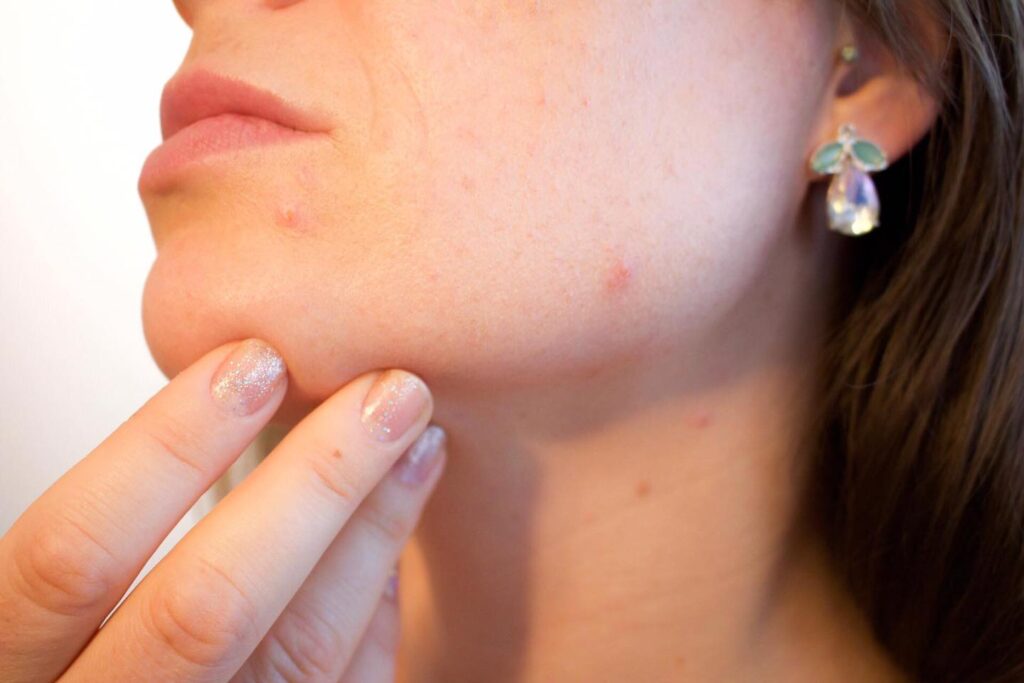Acne affects most people at one point or another. Often teenagers will be affected, with the degree of it being classed as mild, moderate or severe.
In teenagers, puberty and genetics play a big part in acne. this has a lot to do with hormone levels and fluctuations. Other things that play a part in acne development can include things that we put on our skin, such as cosmetics and creams, medications that we take, such as steroids, objects we wear such as helmets, shirt collars and more recently masks, also perspiration and sweating.
In most people, acne is found on the face, upper back and chest. It can have a big affect on people, including in a psychological and emotional way, even contributing to depression, anxiety, reduced self esteem and social withdrawal. The extra stress can then go on to increase the severity of the acne.
So what can we do to help and support someone with acne?
We want to look at their diet. The foods they are putting into their body. We want to remove any foods that promote or exacerbate acne, including dairy products, sugar, gluten and processed foods. We need to support the liver with antioxidants and vitamin C so that it can detox effectively. We also need to address any nutrient deficiencies, especially low iron, low zinc and low vitamin B6 as these can contribute to acne. We need to address gut health, including using specific probiotics and addressing any hormonal imbalances.
We want to look at products being used on the skin and where possible, switch to more natural products. Even making a toner with apple cider vinegar and water can be a great swap.
We need to reduce stress and implement relaxation strategies such as walking in nature, yoga, journalling, baths and reading.
The key points when it comes to acne are diet, hormones, products we put on our skin and stress. By addressing these, and working on the inside, while topically working on the outside, we can see great improvements in the skin.
